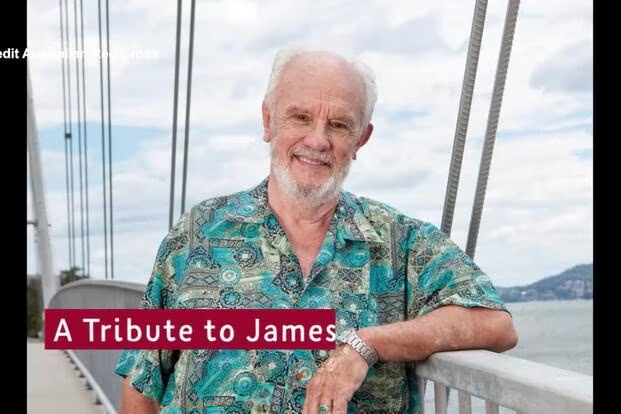One of the world’s most prolific blood donors, whose plasma saved the lives of over 2 million babies, has passed away. This was reported by the BBC.
James Harrison died in his sleep at a nursing home in New South Wales, Australia, on February 17, as announced by his family today. He was 88 years old.
Known in Australia as the “Man with the Golden Arm,” Harrison’s blood contained a rare antibody, Anti-D, used to produce medications administered to pregnant mothers whose blood risked attacking their fetuses.
James Harrison, Australian, One of the World’s Most Prolific Blood Donors
James Harrison, an Australian, one of the world’s most prolific blood donors (Ansa)
03/03/2025
James Harrison’s Blood to Fight Hemolytic Disease of the Fetus
Anti-D vaccinations protect fetuses from a deadly blood disease called Hemolytic Disease of the Fetus and Newborn. This condition occurs during pregnancy when the mother’s red blood cells are incompatible with those of the growing baby.
The mother’s immune system then sees the baby’s blood cells as a threat and produces antibodies to attack them. This can seriously harm the baby, causing severe anemia, heart failure, or even death.
A Record-Breaking Donor
The Australian Red Cross Blood Service, which paid tribute to Harrison, stated that he decided to become a donor after receiving blood transfusions during a major chest surgery at the age of 14. He began donating his plasma at the age of 18 and continued doing so every two weeks until he was 81.
In 2005, he held the world record for the largest amount of plasma donated, a title he maintained until 2022 when he was surpassed by a man in the United States.
Harrison’s daughter, Tracey Mellowship, shared that her father was “very proud of having saved so many lives, without any cost or suffering.”
Before Anti-D treatments were developed in the mid-1960s, one in two babies diagnosed with Hemolytic Disease of the Fetus and Newborn died. It is unclear why Harrison’s blood was so rich in Anti-D, but some reports suggest it was due to the massive blood transfusion he received at 14.
In Australia, there are fewer than 200 donors of Anti-D antibodies, but according to the Australian Red Cross Blood Service, also known as Lifeblood, they help around 45,000 mothers and their babies each year.

